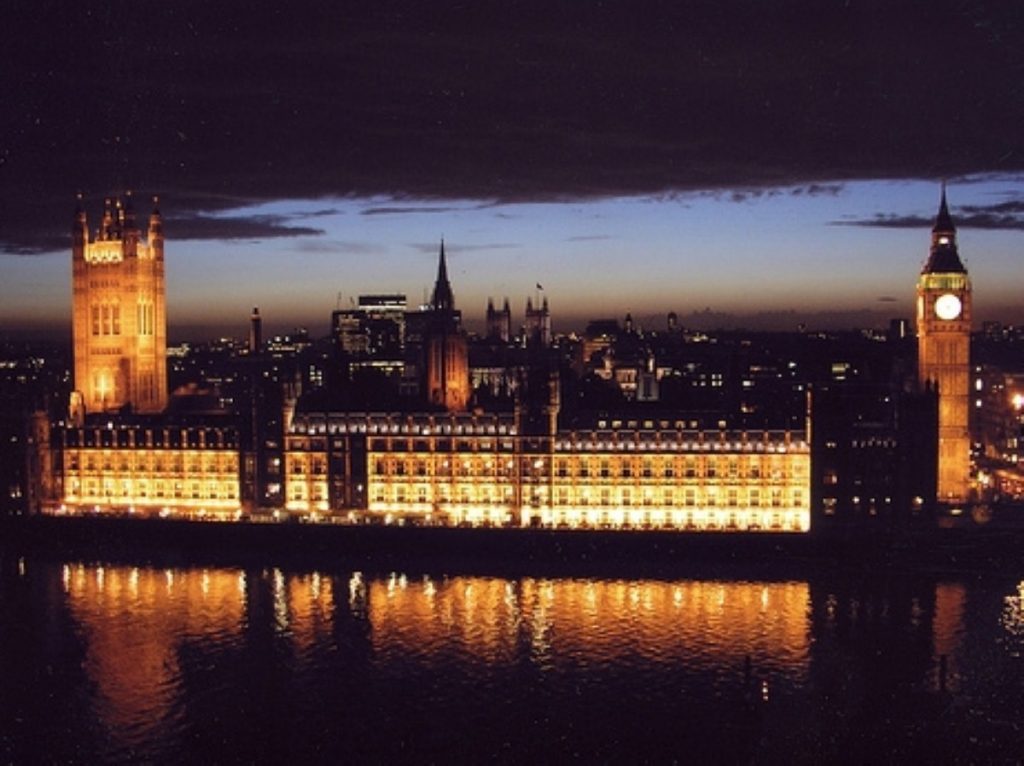Diamond refuses to name names as ‘beloved’ Barclays battered by MPs
Bob Diamond refused to name the government minister who allegedly put pressure on Barclays to 'lowball' its Libor rating during a gruelling appearance before MPs today.
The evidence session, which came as George Osborne accused Ed Balls of being involved in the scandal, saw members of the Treasury committee issue increasingly brutal attacks on the bank boss, but to little avail.
"I'm not going to blame this on someone else," Diamond told MPs, as they repeatedly asked which figure in government had put pressure on the bank to post lower Libor ratings.
Under pressure from Tory MP Michael Fallon, the American eventually confirmed that the pressure came from "ministers" rather than "Whitehall officials".


According to the Barclays account, that pressure was then communicated to Bank of England deputy governor Paul Tucker, whose phone call with Diamond was reported to Jerry del Missier, his then-boss. Del Missier is then understood to have demanded the reduction in the interest rate postings to alleviate concerns about the bank's liquidity in 2008.
Diamond expressed his "love" of Barclays on several occasions during the testimony, as MP after MP accused him of either allowing criminality or being too incompetent to discover it – despite traders shouting what they were doing across the floor of the office.
"Either you were complicit in what was going on, or you were grossly negligent, or you were grossly incompetent. There is no other option," Labour MP John Mann said.
"Even those [supervisors] who refused to act improperly didn't come to you. That does look incredulous to the outside world. You seem to see nothing, know nothing, hear nothing in that three year period."
Tory MP and former Barclays banker Andrea Leadsom, who won praise from across the political spectrum for her questioning, asked Diamond if he lived in "a parallel universe to the rest of the UK".
She raised the issue that Barclays audits had failed to uncover the practise throughout the period – a fact which was confirmed by Diamond stressing that he had only just learned of the lowballing this month.
"In light of the fact your audit failed to notice there was open fraud in front of your noses, have you now looked at other areas of the bank?" she asked.
Diamond's answers were evasive throughout most of the session and he repeatedly called MPs by their first name, much to their obvious irritation.
"People who do things they are not supposed to do should be dealt with harshly," he said.
"When got the results of this investigation, when I read the emails from those traders, I got physically ill."
The committee failed to get much information from the former-Barclays boss, who was flanked by a substantial entourage of officials in the packed committee room.
The performance of MPs, who appeared to pursue their own agenda rather than following a structured, forensic challenge to Diamond's claims, will strengthen Ed Miliband's hand as he continues to call for an independent judge-led inquiry.
In the meantime, Labour reacted angrily to Osborne's interview in the Spectator, in which he stunned observers by going much further than before in laying accusation at the door of Balls.
"As for the role of the Labour government and the people around Gordon Brown, well I think there are questions to be asked of them," he said.
"They were clearly involved and we just haven't heard the full facts, I don't think, of who knew what when. My opposite number, who was the City minister for part of this period and Gordon Brown's right hand man for all of it, has questions to answer as well."
Osborne's intervention appeared to be unwise while Diamond refused to go into details as to who in government was pressuring the Bank of England for action. But his later clarification that it was a minister will have prompted a sigh of relief among the chancellor's allies.

